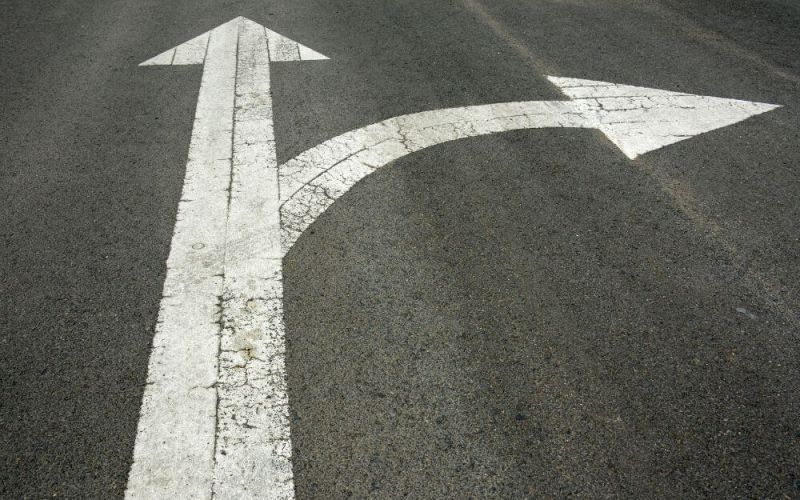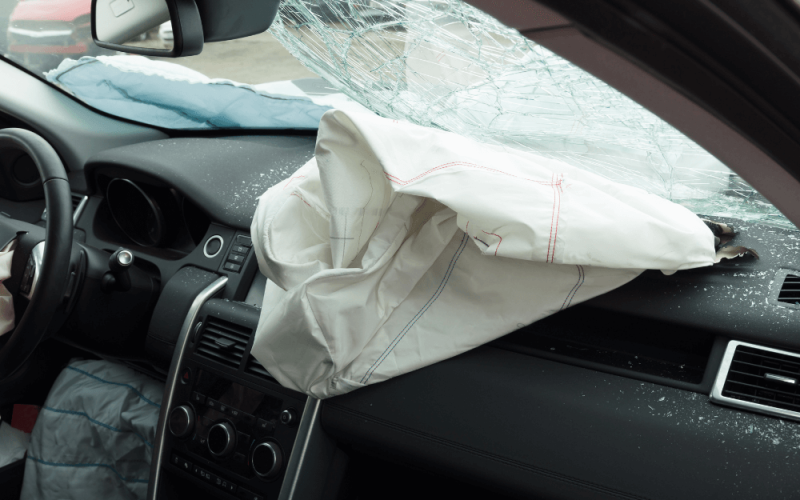Learning the Basics of Personal Injury Law


When put simply, a personal injury is an injury that does not involve issues with property and is, therefore, involving a person’s body and/or mind. It allows the injured person to go to civil court seeking compensation for losses stemming from an accident that occurred as a result of someone else’s carelessness or intentional misconduct. If you have suffered an injury due to the negligence of someone else, it is important to hire an experienced personal injury lawyer like Montagna Law.
How Does a Personal Injury Case Work?
Because no two accidents are the exact same, no two personal injury cases will be the same. This makes it difficult to develop a standard across all personal injury cases, which makes it that much more important to consult with a legal professional who can work with the nuances of your case. However, there is a typical timeline that most personal injury cases follow when you look at the bigger picture:
The Defendant Injures the Plaintiff
As you can imagine, there are many different ways that the plaintiff can be injured by the defendant. The only exceptions that still fall under personal injury are contractual breaches, which are handled under a separate body of law called “contract law.”
The Plaintiff Establishes That The Defendant Breached a Legal Duty
The specific measure of legal duty is going to be completely dependent upon the situation in which the plaintiff sustained the injury. For example, manufacturers have a duty to produce a product that is not defective or unreasonably dangerous. Employers have the duty of understanding those products and teaching their employees how to operate it properly to avoid injury.
Settlement Outside of Court May Occur
If it is clear that the defendant has breached a legal duty, they may choose to settle outside of court. This would mean they, or the insurance company representing him or her, offer monetary compensation to the injured party in exchange for the injured person’s promise to not file a lawsuit.
The Case Ends
If the plaintiff accepts the settlement, that is the end of the case. If the plaintiff does not accept, the plaintiff may go to court and file a personal injury lawsuit. Settlement negotiations may continue beyond this point and can be reached at any time prior to the civil case being handed to the jury.
The Statute of Limitations
A statute of limitations sets a time limit on how long you can wait to file a claim. In Virginia, the time limit is two years from the date of your accident, which may seem like there’s no need to rush. However, two years can easily become two months if you procrastinate, so get in touch with your personal injury lawyer as soon after the incident as possible.
A Claim Involving Government
Virginia law dictates particular actions you must take if the liable party in your accident is a city, county or state government entity. For example, if a dangerous hazard on a city street, such as an unmarked, open manhole, caused your car to jerk out of your control and crash, you may find yourself suing the city government for compensation.
In such situations, your first step is to inform the powers that be that you are planning to make a claim. Your attorney must prepare a formal document and send it to the government entity involved. If you are dealing with a city or town in Virginia, the deadline for submitting this document is six months after your incident. If state government is involved, the statute allows you one year’s time. You can only file a legal claim after you have completed this notification.
Shared Liability in Virginia
Virginia is among only four states and the District of Columbia that sanction pure contributory negligence in personal injury cases. This means that if a judge finds you were even one percent to blame for your injury, you are not eligible to receive any compensation whatsoever. Therefore, an attorney’s assistance is critical in proving your claim.
Limits on Damage Awards
On a brighter note, the state of Virginia does not impose general limits on the potential amount of compensation you can receive. The exceptions are medical malpractice actions, in which damages are limited to $2 million or less, and punitive compensation, which the state limits to $350,000.
Latest Blog Posts
-
If you’re looking for someone who’s professional, attentive, serious, caring, and negotiable than Mr. Anthony Montagna is who you need. He understood his assignment and delivered well especially being with what I was looking at in my case. I want …– Tiara S.
-
I don’t know how he does it, but this man is a monster in the courtroom. I’ll admit I had fears of the outcome of my case, but when I was with Mr. Montagna in front of a judge. My confidence started to raise. Extremely professional and how he hand…– BD P.
-
Honestly , Mr. Montagna treats like you are his family the way he cares, he takes care of his people , I was doing triple digit speed on a 60 and lord I thought it was over for me in that courtroom , he’s a genius because I literally got away with…– Justin
-
I have been a client of Montagna Law since 2014. Because the customer service is exceptional, I have established a rapport with everyone in the office. As a customer for 8 years, it is noted that this firm goes above and beyond for the clients.– Eric E.
-
Montagna Law are wonderful attorneys. I was diagnosed with stage 4 lung cancer and they assisted me from day one when I contacted them. I highly recommend their services! Thanks guy’s and gal’s for your services!– Kevin B











